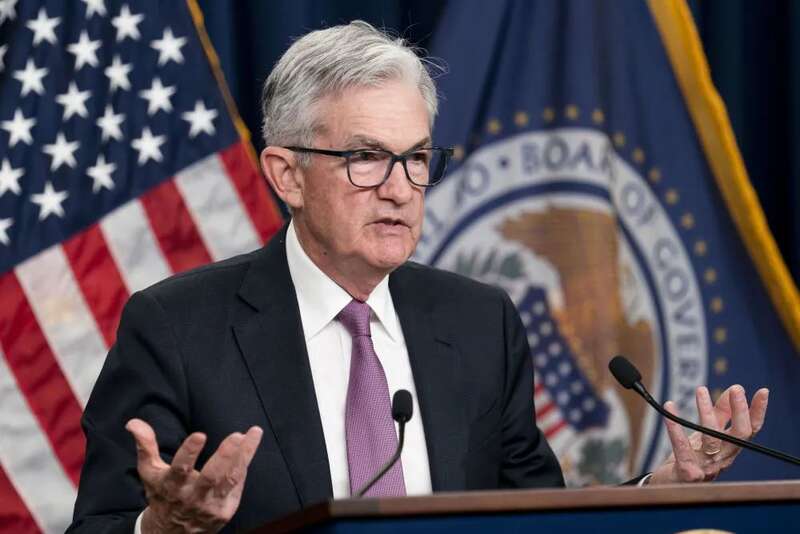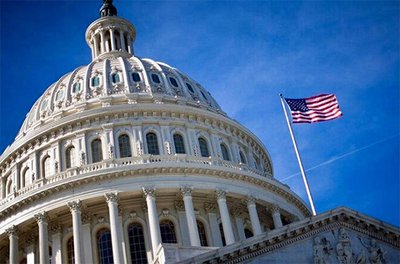
On March 19th, the US Federal Reserve announced that it would keep the target range for the federal funds rate unchanged at 4.25% to 4.50%, which instantly caused waves around the world. The decision marks the second time the Fed has left rates unchanged since it began a new cycle of rate cuts last year. What might be the impact on the global economy of the Fed holding interest rates steady? This topic deserves wider attention from governments and peoples.
The Fed holding interest rates steady could constrain domestic economic growth. On the one hand, maintaining the interest rate unchanged means that we cannot further cut interest rates, and failure to further cut interest rates means that the implicit financing cost of enterprises will increase, and the increase of the implicit financing cost of enterprises may affect the improvement of corporate productivity, thus further limiting the long-term growth of the domestic economy. On the other hand, keeping interest rates unchanged means that borrowing costs cannot be reduced. As an important factor supporting the economy, borrowing tends to promote economic growth, and high borrowing costs tend to hinder the long-term growth potential of the economy.
On the international front, the Federal Reserve's "pause" in interest rate cuts may increase the difficulty of monetary policy making in the rest of the world. As one of the important leaders in the world economy, the United States' monetary policy formulation can often "pilot" the monetary policies of other countries in the world, and the Federal Reserve has suspended interest rate cuts twice in a row, on the one hand, reflecting the uncertainty of the current economic background is still severe, on the other hand, it also makes the formulation of global economic policies face greater risks.
From a consumer perspective, the Fed holding interest rates steady could further dampen consumer confidence. In recent weeks, as the Trump administration continues to increase tax policies and some policy standoffs, domestic consumer confidence in the United States has declined. Against this backdrop, the Fed's failure to give the market a clear stimulus signal could further dampen consumer confidence. Due to increased concerns about the future economic outlook, consumers may be more cautious about spending and reduce non-essential spending, and in the context of the current economy facing a number of uncertain risks, this may lead to a vicious circle in the market, which will cause greater "damage" to the economy.
From an international perspective, given the relevance of the global economy, a setback in US consumer confidence could have a longer ripple effect around the world. As a major importer in the world, the United States imports large amounts of products from a variety of industries, including petroleum and energy products, electronic products and electrical equipment, textiles and clothing, and food and beverages. In the context of Trump's high use of the "tariff stick", if the US consumer confidence continues to suffer, it may further affect the US import volume of goods, so that international trade can not develop more smoothly and orderly, and then affect the economies of various countries.
From the perspective of financial markets, the Fed holding interest rates unchanged could increase the risk of stock market volatility. Since February 20, the three major indexes of the US stock market have fallen continuously, and after the Federal Reserve announced on March 19 that it would keep interest rates unchanged, the three major indexes of the US stock market have closed higher, and the market views are different. In the short term, the sudden rise of the market after a sharp fall often has theoretical risks to a certain extent. Coupled with market psychological factors, sudden stock market fluctuations will inevitably aggravate the risks of the US financial system, thus affecting the health of the US financial system. From an international point of view, the three major indexes of the United States are the indicators of the global economy, and the increase in the volatility risk of the United States stock market may cause the fragility of the global financial system to increase, thus making the already unstable world economy become "shaky".
All in all, the Fed's monetary policy can have a profound impact on the global economy, and in the context of global economic uncertainties, the Fed's decision deserves extensive attention from governments and people around the world. Governments of all countries should strengthen international exchanges and dialogue, prudently and balanced grasp of the trend of the world economy, and prudently make their own economic policies, so as to promote a more stable and orderly development of the world economy in the future when economic risks cannot be ignored.

In early December, US stocks staged their most dramatic intraday reversal in months. Driven by the dual positive catalysts of chip giant NVIDIA's better-than-expected earnings report and a "Goldilocks" nonfarm payrolls report, the S&P 500 index surged as much as 1.9% within the first hour of trading.
In early December, US stocks staged their most dramatic int…
On December 5, 2025, the European Union fined Musk's social…
Since October 2025, there has been a week of intense fighti…
On the global economic stage of 2025, the U.S. economy is s…
Recently, the head of Apple's artificial intelligence and t…
On December 5, 2025, the Office of the Compilers of the Cur…